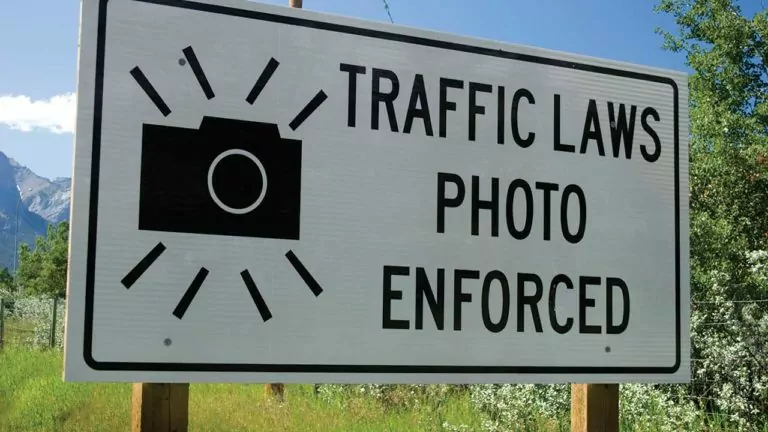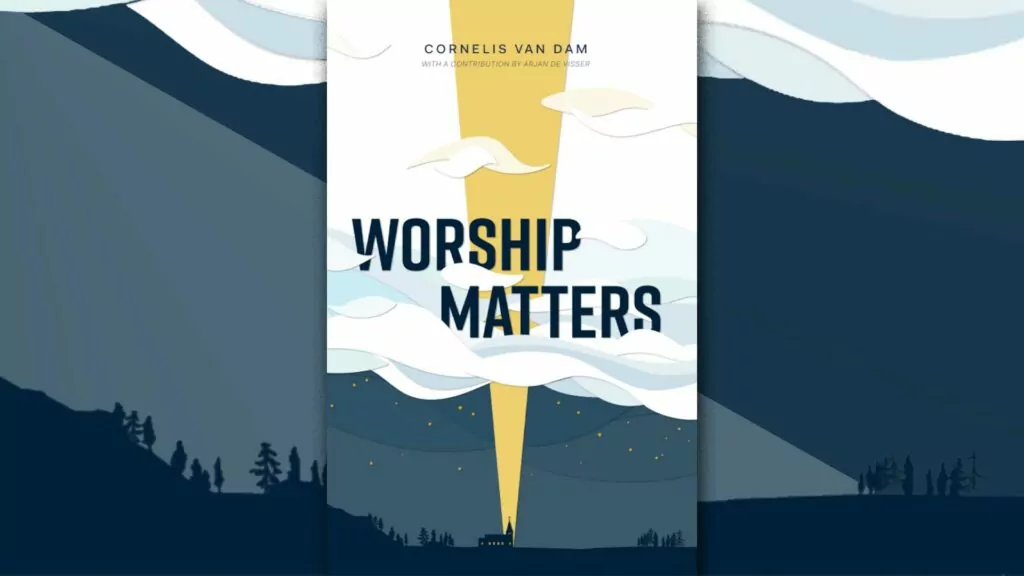As Kuyper said, “There is not one square inch in the whole domain of our human existence over which Christ, who is sovereign over all, does not cry: ‘Mine!’”
And that applies to photo radar too.
*****
In Colorado efforts are underway to put a very unusual initiative on the ballot that, if passed, would require fines issued by the government no longer go to the government. Instead, if a citizen gets a speeding ticket, a parking ticket, or a fine for smoking, he would pay it by making a donation to any registered charity (though, presumably, he wouldn’t get a charitable receipt).
That might have some charities excited, but that’s really beside the point. The ballot initiative’s organizers aren’t as concerned with where the money would go, as they are with where the money wouldn’t go anymore. To say it another way, the goal of the initiative is to take away any incentive the government has to, as FEE.org’s Jay Stooksberry put it, “fine and collect” rather than “serve and protect.”
This initiative comes after the media reported some Colorado municipalities were funding a large part of their budget via fines. The most extreme example was the small town of Mountain View, population 518, whose 10 police officers issued 3,624 traffic tickets in 2014. In 2013 traffic fines raised over $600,000 for the town, which accounted for more than half the municipal budget.
It’s hard to find such egregious examples in Canada, but here too this strange incentive is in place. So, for example, Edmonton’s Anthony Henday Drive is a ring road around the city with smooth wide lanes, and no stoplights. The speed limit is 100 kilometers per hour, but even the city’s police chief Rod Knecht thinks the limit could be raised to 110 km/h without any serious safety concerns. So why doesn’t the city do it? We can’t read minds so we don’t know. But the city does have a financial incentive not to raise the limit: the revenue from the thousands of photo radar speeding tickets issued on this stretch of road each year.
Some might not see the problem. So what if the city makes a little money from the fines it issues? Do we really think they will be corrupted by such sums?
There are two issues here: does such a system encourage corruption, and whether it does or not, how does the public perceive it?
Consider what we would think if a judge received the money from all the fines he issued. Every time he found someone guilty, he’d make money, and the bigger the fine, the bigger the judge’s bank account. Would the public perceive such a judge as being impartial? Or would they question his every decision? The judge might still be impartial – such a system doesn’t require corruption, it only encourages it – but that’s not how he would be perceived.
The man behind Colorado’s ballot initiative describes himself as a libertarian, and it’s not clear whether he is a Christian. But his proposal lines up well with what we see Paul doing in 2 Cor. 8:20-21. There, the apostle, when he was entrusted with money from the churches to Jerusalem, outlines steps he was taking to prevent even suspicions of wrongdoing. He wanted to ensure that there would be no way his actions could be misperceived.
This ballot initiative is a great way of addressing the perception that photo radar, jay walking tickets, red light cameras, and other fines are simply “cash cows” for government. Law enforcement should be about protection and justice, and we should do all we can to ensure that it also perceived that way. That’s why such an initiative would help foster respect for our officers and government.
Of course, if you and your lead foot have just been caught exceeding the posted limit then there is a very different way you can foster respect for those in authority: you’ve done the crime so don’t complain about the officer issuing the fine. Or, to put it in more biblical terms: you shouldn’t concern yourself with any perceived speck in their eyes when you’ve got that log to deal with in your own.












